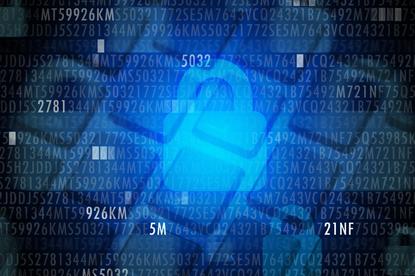Journalists’ union ‘gravely concerned’ over encryption bill
- 25 October, 2018 11:20

The union representing journalists has said a government bill that will enhance the ability of police agencies to monitor encrypted communications services is akin to using a “sledgehammer to crack a walnut”.
The Media Entertainment and Arts Alliance (MEAA) has made a late submission (PDF) to a parliamentary inquiry scrutinising the controversial legislation. In it, the union said that is “gravely concerned that the proposed legislation is neither reasonable nor proportionate”.
The MEAA is concerned about the potential for warrants and orders to be issued “in cases where matters of public interest have been reported through the provision of information by confidential sources and which attract penalties under the Commonwealth Crimes Act”.
Law enforcement agencies’ powers under the legislation, particularly when coupled with the “surveillance of journalists” enabled by the Journalists Information Warrant Scheme (created as part of the data retention legislation) and recent espionage and foreign influence legislation, “pose a very real threat to public interest journalism that, frankly, has nothing to do with preserving national security or the safety of the community,” the union said.
The MEAA said that measures in the bill — the Telecommunication and Other Legislation Amendment (Assistance and Access) Bill 2018 — that broaden the system of covert computer access warrants, which are currently only available to ASIO, could be used for “fishing expeditions”.
Another area of concern is assistance orders, which can require a device’s owner to provide access to the device. “These measures are not confined to what may be considered serious risks of harm to community safety, but to all forms of misconducted,” the union said.
A lack of a judicial approval process and transparency for the new system of Technical Assistance Requests, Technical Assistance Notices and Technical Capability Notices was also criticised by the MEAA.
“We strongly oppose the ability of departmental officers and the Attorney General being able to issue requests and notices, where only the slimmest of evidential tests may be applied,” the submission states.
The union said it wished to register “its strongest objections” to enabling government agencies “to disturb — if not destroy — the integrity of encrypted communications systems”.
